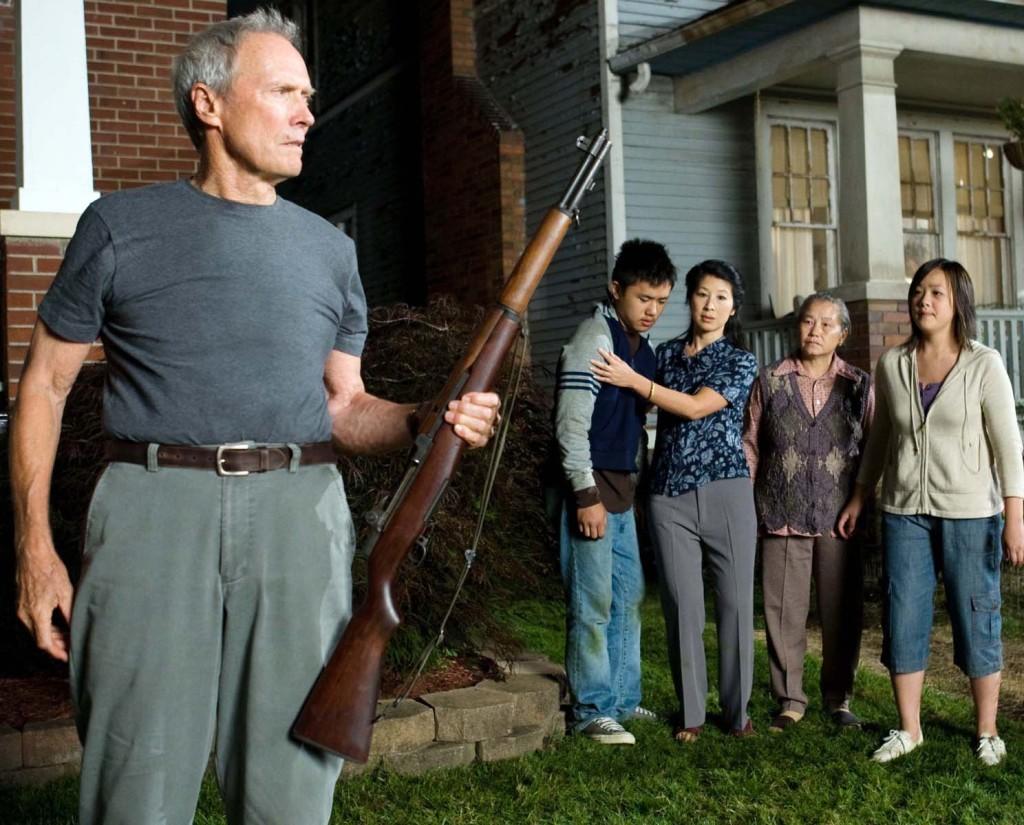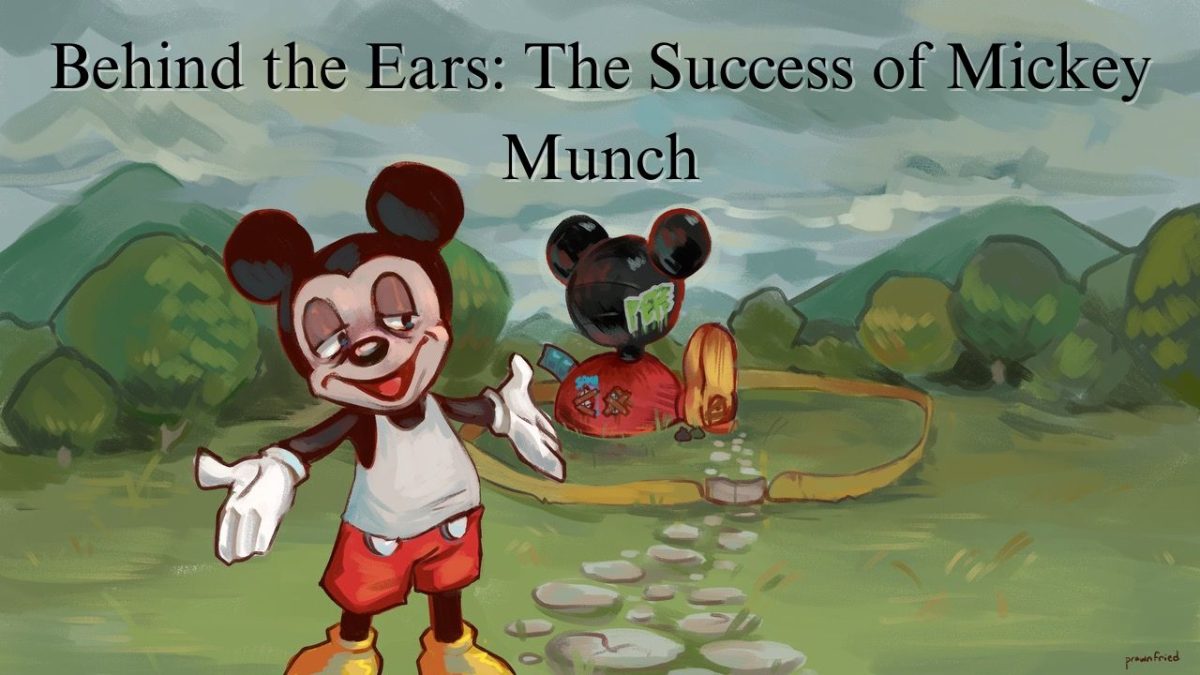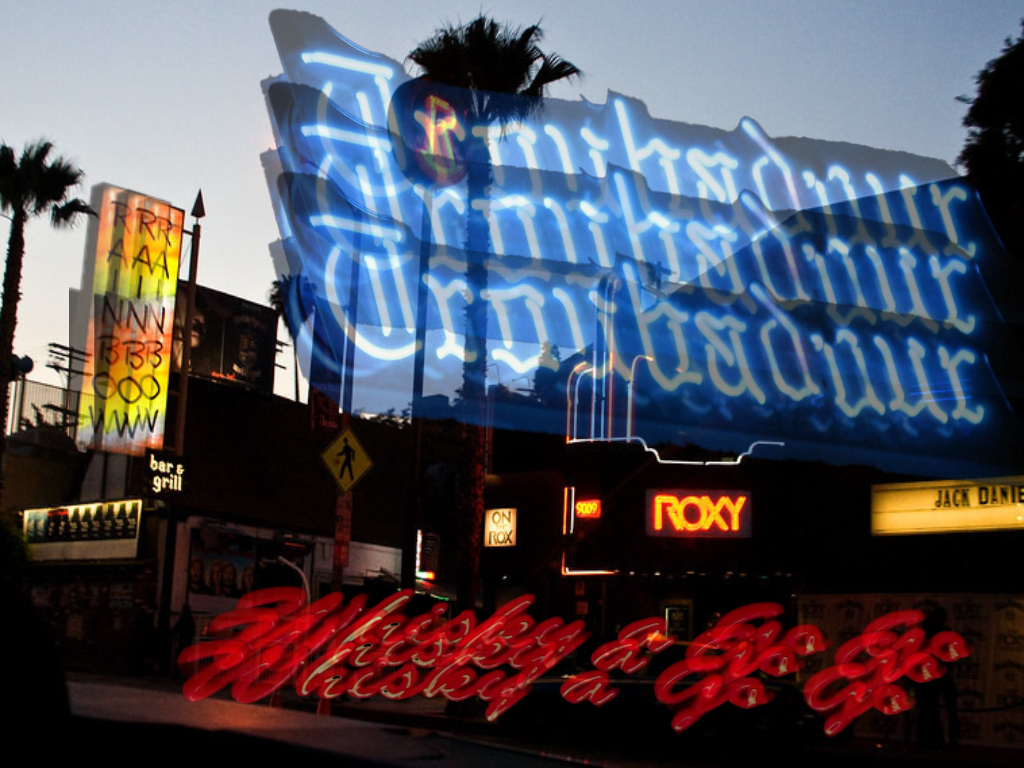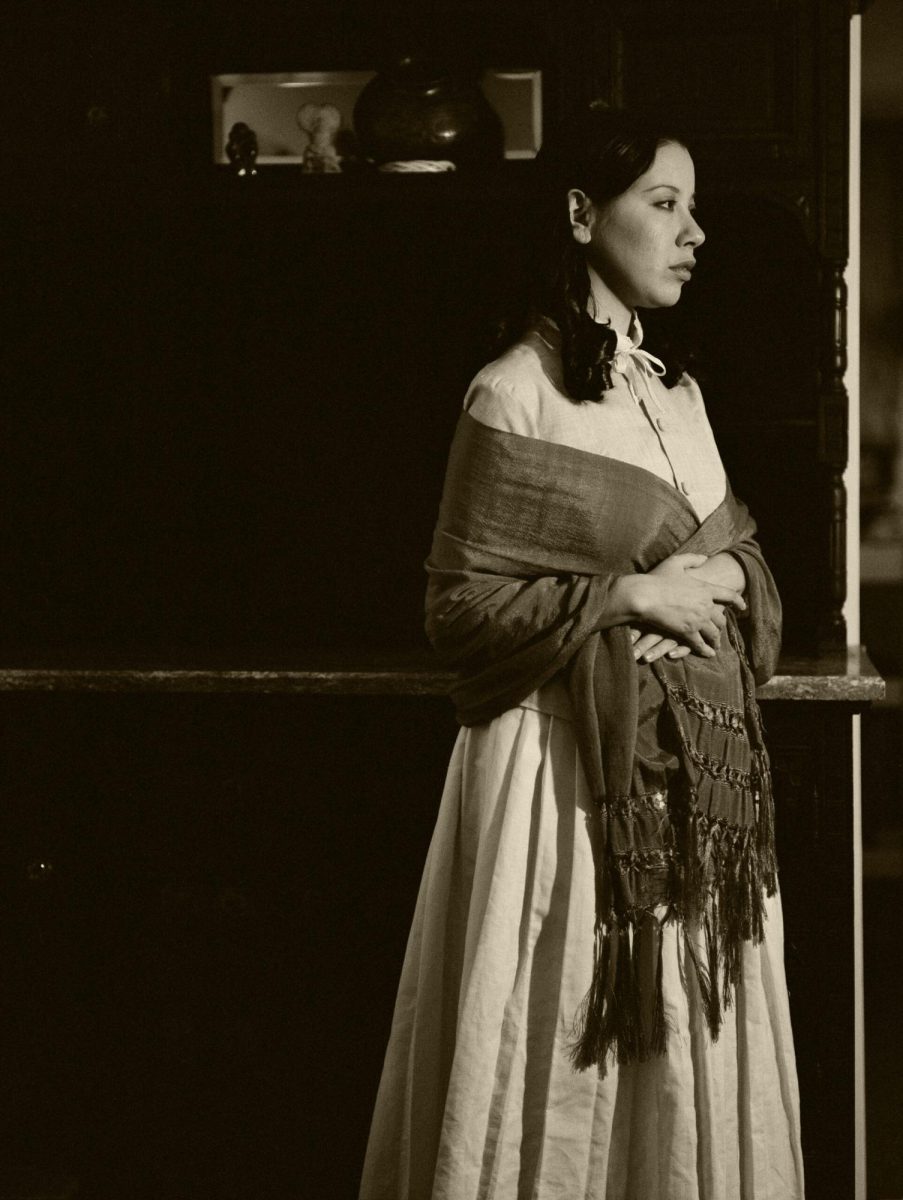These days, it seems all of Hollywood’s aging action stars are returning to the tough-guy game, ultimately with mixed results.
In the last two years, we’ve seen Sylvester Stallone in the compassionate, but ultimately unbelievable “Rocky Balboa” as well as the gratuitously bad “Rambo.”
Harrison Ford bombed in the excruciatingly disappointing “Indiana Jones and the Kingdom of the Crystal Skull.”
Bruce Willis pretty much went through the motions when he reprised his role as John McClane in the lifeless rehash “Live Free or Die Hard,” just to name a few.
While “Gran Torino” isn’t a continuation of an established Eastwood action franchise, I must admit that I was a bit skeptical when I first saw the trailer.
Despite my initial hesitance, “Gran Torino” more than defied my expectations, completely catching me off guard and dispelling any of my worries of another unrealistic action movie starring an obviously incapable senior citizen.
Clint Eastwood, in addition to directing and producing the film, plays Walt Kowalski, a hardened Korean War veteran.
The first ten minutes effectively introduce us to the character; his wife has recently passed away, his self-absorbed children and grandchildren view him as a stubborn old Cold War relic, and his neighborhood outside of Detroit where he now lives alone has changed drastically in the decades since he first settled there, becoming culturally diverse, but also impoverished.
He spends his days afterward parked in his lawn chair on his front porch muttering racial slurs under his breath in regards to the Hmong family that have moved in next door to him, mowing his lawn, drinking Pabst Blue Ribbon, and avoiding family members and Father Janovich, who’s eulogy at his wife’s funeral was less than impressive.
This all changes one night when Thao, one of the young men from the immigrant family next door, breaks into his garage in an attempt to steal his prized possession, a 1972 Gran Torino, after being pressured by his older cousin who is the head of a local street gang.
After Walt interrupts the attempted theft, Thao flees the scene causing the gang to pay him a visit a few nights later in retribution for his failure.
After the ensuing fight spills out onto Walt’s property, he threatens the gang members with a shotgun, telling them to get off of his lawn.
They comply, but not before promising to return.
The Vang Lor family is extremely grateful to Walt afterwards, and they pile gifts and food onto his front porch, though he still remains standoffish.
It isn’t until Sue, Thao’s sister, befriends Walt and invites him into their home that Walt begins to overcome his prejudices and become fond of the family, though he would never admit to it.
After Thao apologizes for trying to steal the Gran Torino Walt puts him to work around the neighborhood and begins, in his own old school way, to teach him how to be a man.
When the gang returns and violently attacks the Vang Lor family, Walt decides to handle the situation once and for all.
Just as my conception of what to expect from this movie was completely defied, so does the character of Walt defy the odds by slowly (and painfully) putting his deep-seeded bigotry to the side.
Eastwood plays his character exceptionally well, and by the end of the movie I felt that I had reached an understanding of a character who, on the surface, appears to be a grumpy, racist drunk.
Through masterful storytelling, I found myself beginning to feel sympathy and affection towards Walt, who is initially so unlikeable at times that it’s comical.
“Gran Torino” is a story that is undeniably American in both a time-honored and modern way, reflecting in many ways the clashing of gener
ational and cultural values.
Arriving in theaters just in time for awards season, I wouldn’t be surprised in the least if this poignant film earns a few Oscar nods.
Just in case any of you happen to be Dirty Harry fans, don’t worry; there are plenty of amazing one-liners and Eastwood’s classic stony sneer has lost none of its potency over the years.














